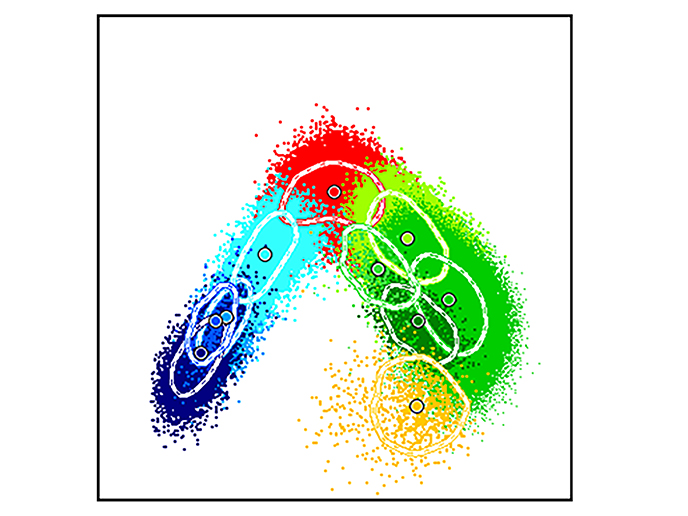Role of caspase-11 in immune responses and autoimmune disorders
During infection, innate immune cells produce the pro-inflammatory cytokines — interleukin (IL)-1beta and IL-18.These undergo cleavage by the cysteine protease caspase-1 to generate biologically active molecules. This 'maturation' takes place in large protein complexes known as inflammasomes with the involvement of intracellular nucleotide-binding oligomerization domain receptor (NLR) family of proteins. Genetic variations in the NLR proteins are associated with auto-inflammatory disorders and increased susceptibility to microbial infection. However, little is known about the molecular mechanisms of inflammasome activation and the role of caspase-11 in cytokine maturation. Using a knock-out mouse model for caspase-11, the EU-funded INFLAMMACT project wished to elucidate its role in innate immunity. Macrophages of these mice were studied for their cytokine expression, inflammasome activation and ability to mount immune responses against various pathogens. By exposing cells to triggers such as ATP, salmonella and dsDNA, researchers concluded that caspase-11 is not critical for inflammasome activation and cytokine secretion. However, it was discovered to be vital in producing immune response against enterobacteria such as Escherichia coli and Citrobacter rodentium as well as lipopolysaccharide (LPS)-mediated infection. The identification of caspase-11 putative substrates will enable scientists to delineate their role in inflammation and infection. Taken together, the INFLAMMACT findings provide new insights into the role of caspase-11 in inflammation and innate immune responses. This mechanistic information has the potential to pave the way for new therapeutic approaches against autoimmune disorders.







